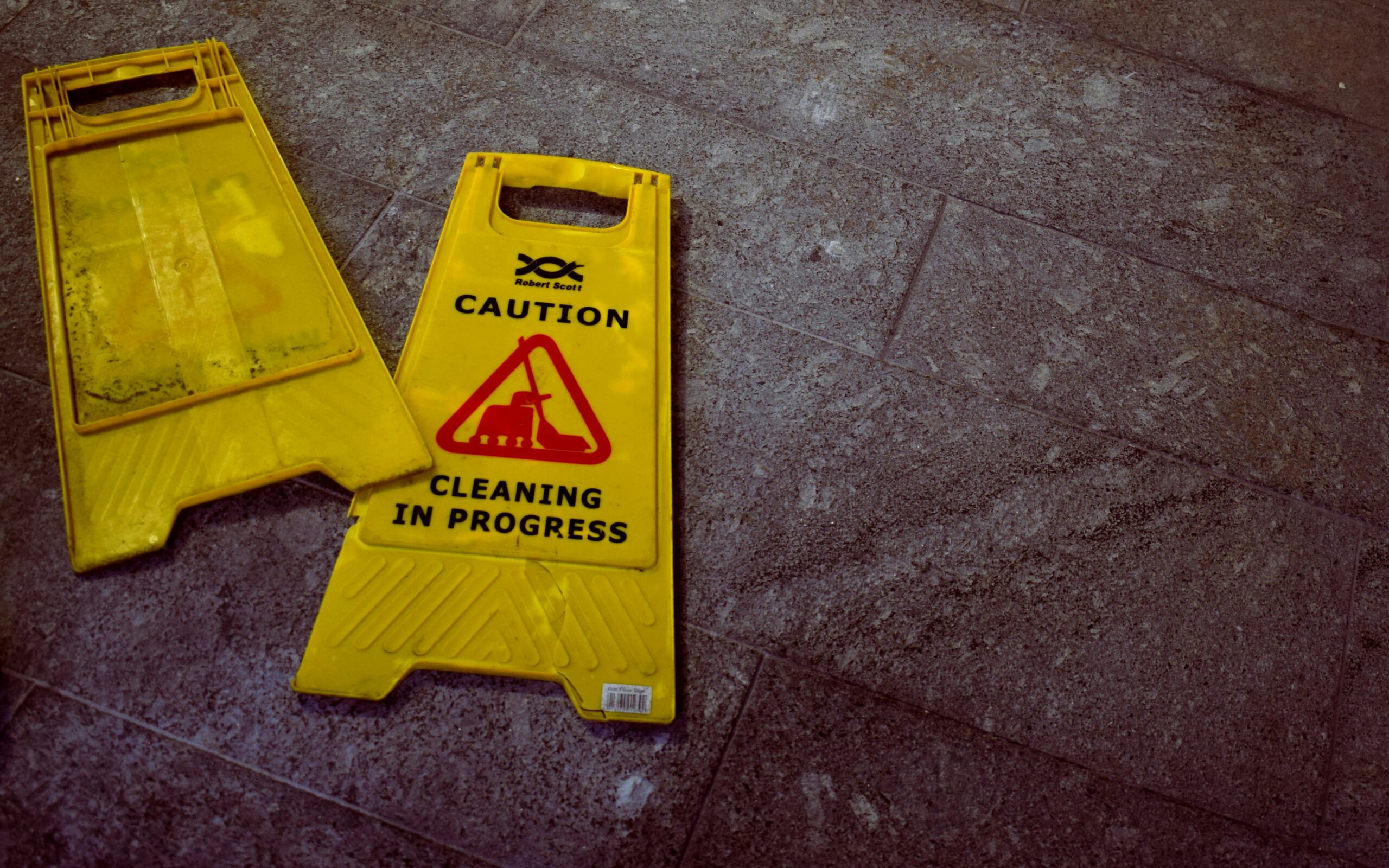Having the right Professional Indemnity (PI) protection in place means if the worst should happen, your policy can step in to support you. Here at RiskBox, we’ve helped all sorts of technology businesses to manage their insurance, ensuring they have the maximum cover for the right premium, and that they meet any contractual obligations.
As a result, we’ve developed a strong understanding of where PI claims can arise from. That’s why we’ve outlined the five most common claims we’ve seen under the Professional Indemnity section of cover. Of course, no two cases are the same, but some have a recurring theme. Read on to learn more…
- Bugs or performance issues
Whether you’re building a new website, a mobile app, or a game, part of the process is to conduct testing throughout. But once you hand over the final work, it can still contain bugs.
Clients expect a finished and fully working product with no hiccups. So if there are glitches in the system, disagreements over functionality, or its usability is in question, it can lead to a claim.
- Late delivery
When you win business, it usually comes with set delivery deadlines. Unfortunately, delays can happen, whether they’re down to you or matters beyond your control. It could even be as simple as a client being late supplying assets.
In a time-critical situation, if the deadline is missed, claims tend to arise – even when it’s the fault of the end client.
- Hosting
Delivering hosting services directly or via third parties is a growing area for claims. Hosting of any kind (but especially mission-critical services to businesses such as eCommerce sites) is crucial for the operation and revenue-generating services of your clients.
Downtime or failures can cost your client money, and they’ll want to lay the blame somewhere. Hosting companies are good at contractually limiting their exposure, so it’s important you either ask your client to contract directly, or be careful to use back-to-back contracts to limit your exposure.
Should you provide hosting directly or indirectly, expect to see more questions around how you manage this process in future renewals.
- Negligence
Mistakes happen. They aren’t intentional but it’s what your insurance is for. If you make a mistake on a project, fail to deliver, or wind up mid-way through without the capacity or expertise to finish it, claims can arise.
These types of claims can often be emotive, especially if the end client believes the work has been sub-standard, and even if it’s a small project.
- Spurious claims
With PI claims, it’s common for companies that are struggling (or unwilling to pay for services) to allege breaches of contract, or even negligence, just to avoid the costs. This can be a strategic move, where businesses invoke the fear of expensive legal action to pressure the delivering agency into dropping or reducing their final invoices. It’s arguably an underhand tactic, but unfortunately it isn’t unusual.
By having the proper insurance in place, you can push for any outstanding payments to be settled. It also gives you the confidence that if an unfounded allegation comes your way, you’re fully protected. But it’s important to note that a simple refusal to pay wouldn’t be covered and would need to be treated as any usual bad debt.
Got a question?
Receiving a letter of claim or an email of dissatisfaction from a client can be daunting, but we’re here to help. If you get in touch with us as early as possible, we can advise on the steps and processes involved.
Alternatively, if you have a question about what we’ve covered here, or you’d like to double-check that your Professional Indemnity policy is protecting you, speak to our team on 0161 533 0411 or email info@riskboxuk.com.
Photo by ThisisEngineering RAEng on Unsplash




